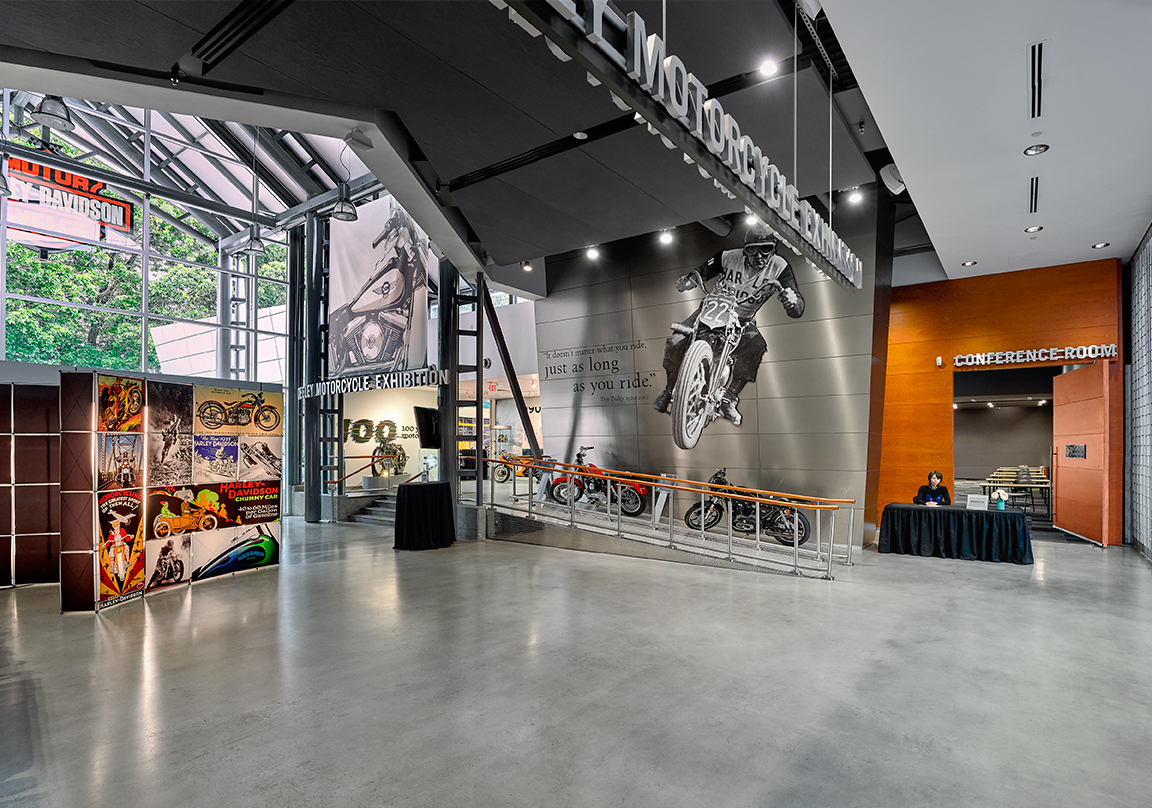Diet restrictions and food allergies are increasingly common as people are becoming more aware and health conscious. Figuring out an event menu can turn into a major obstacle for a lot of event planners. You need to be prepared for all of the special diets that you might be faced with.
Follow our guide on how to plan for special diets.
Planning Ahead
Know the basics
Before you decide on a caterer or build out your menu, get to know some of the basic diets restrictions that are out there. Although there are many different types of sensitivities, the main diet restrictions to consider before selecting a menu can be gluten-free, dairy-free, vegan and vegetarian. Consideration should also be made for religious diets such as Kosher or halal, as well as common allergies such as nuts and shellfish.
Types of Diets
- Gluten-free – A diet that excludes the protein gluten. Gluten is found in grains such as wheat, barley, rye, and a cross between wheat and rye called triticale.
- Dairy-free is a diet that is free from milk-based ingredients.
- Vegan is a diet where one does not eat or use animal products.
- Vegetarian is a diet where one does not eat meat, and sometimes other animal products. Some vegetarians eat eggs and fish, so it’s important to clarify how strict they are.
What to expect
With the growing popularity if some of these diets, always expect and plan for some kind of restriction. Around 10-25 percent of any group may have some limitations on what they can eat, so make sure you take that into account before committing to anything.
Ask
Remember to ask the group during registration. This can easily be done in the invitation; that way you will know what to watch out for, and can plan accordingly. Make sure that all special request meals are submitted to the caterer at least one week before the event. If a guest makes a special request and decides that they wish to eat something they did not order, their choice may impact other guests.
Sensitivity vs preference
Guests often provide special requests based on their eating preference rather than an actual allergy. If a guest provides a complicated food request or substitutions, you may want to inquire if the guest has a food allergy or a dietary preference. Caterers and chefs are very careful that their food offerings will not cause a guest to become ill. For special orders, they are often prepared in special sanitized areas to avoid any cross contamination (ie. Nuts, gluten). Special requests may be subject to additional charges due to the product and labour costs related to ensuring the request is executed properly. To avoid adding costs to your F&B, it may be prudent to ask such guests what they can eat and have the chef provide alternate options that will satisfy the needs of the attendee.
Selecting a Menu
Stick with simple
The more guests you have could mean the more restrictions you will encounter. Keep the menu simple and select a variety of menu options to accommodate everyone, rather than providing a separate meal to everyone with a special diet. Weigh your options and keep it as simple as you can, only providing a separate restricted meal option if it’s easier or better for your event budget.
Ensure flavour
Be open, and test out the special dishes. One of the biggest complaints is that the special meals tend to lack in flavour.
Ask for recommendations
If you’re having trouble with any of your guests’ restrictions, be sure to ask the chef or even ask the guest for assistance. If their request is overly restrictive, ask them what meals they tend to eat and try to make a plan around that.
Just in Case
There are so many things that are going on during the day of your event. In order to avoid any issues that might come up, remember to:
- Label everything – By labeling things GF (gluten-free) or V (Vegetarian) you will save your guests from having to play the guessing game, or being asked the same question ten times over.
- Have the ingredient lists on hand – Knowing what is in everything will stop you from running around looking for the chef when guests have questions.
- Have a backup – Calculate a safety net. Sometimes people forget to voice a restriction, or someone might favour a meal that wasn’t intended for them. Moreover, you may have a guest that requested a special meal only to decide to eat the “normal” menu. You may want to order additional portions to ensure that all guests are satisfied, regardless of their ultimate choice.
Here at Deeley Exhibition we work with our vendors to be as accommodating as possible. To learn more about our catering options, give us a call. We are experienced, professional, and happy to provide assistance in planning your private or corporate events.








